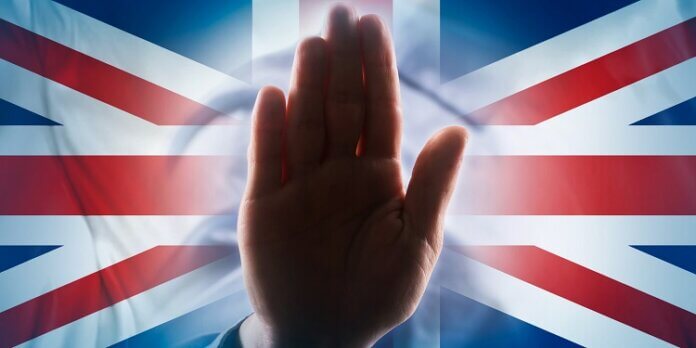
UK human rights law is what the UK courts use to decide what people can and cannot do. It sets out what they think British people’s basic rights are, what everyone should be able to expect from their government, and what authorities must do not to unfairly restrict people’s rights.
The main organs of what is now called ‘human rights law’ in the UK are:
1) The European Convention on Human Rights (ECHR), which the UK has signed up to as part of its membership of the Council of Europe;
2) The Human Rights Act 1998, an act mainly passed by Parliament that brought into force parts of what was then called ‘the European Convention;
3) All other directions given by judges
The ECHR applies to what is known as ‘public authorities, which include the government, state bodies and local authorities. The Human Rights Act (HRA) protects what is called ‘private individuals’. Private individuals include everyone in this country who is not covered by another part of what is now called human rights law.
If you have suffered from human rights abuse, then what you can do depends very much on what part of what is now called human rights law you are covered by.
For example, the main thing about being covered by what is now called human rights law under the ECHR means that if a state authority, such as a prison or immigration official, acts in a way that is wrong to what rules have come to be known as ‘human rights’ then what they have done is illegal, and you can take them to court to get compensation. This right protects everyone in this country – including prisoners, asylum seekers and people who have been locked up in police cells.
It protects you from abuse by also has free fact sheets that explain different areas of UK human rights law in more detail site the government and what are called public authorities. Your rights under what is now called human rights law can be found in what is called the Human Rights Act (HRA).
The HRA came into force in 2000. It is a complicated bit of legislation covering what is now known as human rights law, but if you are unsure what it means or how it applies to what happened to you, then get advice from a human rights lawyer straight away or from a human rights organisation such as Amnesty International.
The first thing to say about what is UK human rights law, if what happened to you is a breach of what is known as your human rights, then the person or organisation responsible for what happened could be held legally, financially and morally liable for what they did. There are many different types of what is UK human rights law. Some examples include corporate social responsibility; corporate governance; corporate responsibilities under what is UK human rights law; ethical business practices under what is UK human rights law; ethical investment; good corporate citizenship, which all relate to having standards in place within your company.
Seeking the expert advice of a good human rights lawyer in the UK who is known for their expert abilities to help you is the best course of action. Some even offer a free service to people who are facing what is called racial discrimination and other types of human rights issues.











